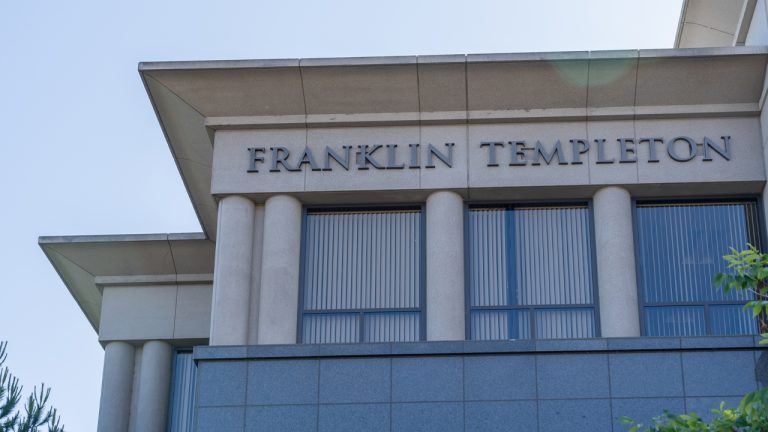ARTICLE AD BOX
TLDR:
- Mt. Gox transferred 32,371 BTC (worth $2.2B) to new wallets on November 5, 2024
- Bitcoin price dropped below $68,000 following the transfer
- Repayment deadline extended to October 31, 2025
- 30,400 BTC went to one wallet, 2,000 BTC to another
- Market expects $8,000 price swings amid US election volatility
The defunct cryptocurrency exchange Mt. Gox has executed its largest Bitcoin transfer in months, moving 32,371 BTC, valued at approximately $2.2 billion, to new wallet addresses on November 5, 2024.
This movement caused Bitcoin prices to drop below $68,000, adding to market volatility ahead of U.S. elections.
The transfer involved two main transactions, with 30,400 BTC sent to a wallet address identified as “1FG2C…Rveoy” and 2,000 BTC moved to “15gNR…a8Aok.” These transfers occurred after the funds were first routed through a Mt. Gox cold wallet, according to data from blockchain analytics firm Arkham Intelligence.
This latest development comes shortly after Mt. Gox announced an extension of its repayment deadline. The deadline, previously set for October 2024, has been pushed back by one year to October 31, 2025, affecting thousands of creditors who lost assets during the exchange’s 2014 security breach.
The timing of the transfer has drawn particular attention from market observers, as it coincides with a period of heightened market sensitivity. Traders are preparing for potential price swings of up to $8,000 this week, largely due to the upcoming U.S. elections.
Mt. Gox’s historical role in the cryptocurrency ecosystem makes these movements particularly noteworthy. Founded in 2010, the exchange once handled over 70% of all Bitcoin transactions globally, making it the world’s largest cryptocurrency exchange at the time.
The exchange’s dramatic fall began in early 2014 when hackers successfully attacked the platform, resulting in the loss of approximately 740,000 Bitcoin. At current market prices, this amount would be valued at more than $15 billion, making it one of the most costly security breaches in cryptocurrency history.
These recent wallet transfers typically precede distributions to creditors through established cryptocurrency exchanges. Previous patterns have shown that such consolidations often lead to sales on the open market through platforms like Bitstamp and Kraken.
The current repayment process represents one of the longest-running recovery efforts in cryptocurrency history. The process has been carefully managed by trustees who have been working for several years to create and implement a fair distribution plan.
In late September, Mt. Gox showed its first signs of activity in months with a smaller transfer of 500 BTC to two unidentified wallets. This movement served as a precursor to the current larger transfer.
The impact on Bitcoin’s price was immediate but measured. Following the transfer, Bitcoin experienced a 2% decline in 24 hours, dropping below the $68,000 mark during Asian trading hours.
Market analysts note that such large transfers often create selling pressure on Bitcoin markets. This pressure stems from early investors receiving assets at values far exceeding their initial investments before 2013, making them more likely to sell at least a portion of their holdings.
The repayment process continues to affect market dynamics, with each major transfer potentially influencing Bitcoin’s price action. However, the cryptocurrency market has matured considerably since Mt. Gox’s collapse in 2014.
Traders and investors are closely monitoring these developments, particularly given the confluence of factors affecting market stability. The combination of Mt. Gox transfers and pre-election market sentiment has created a complex trading environment.
The precise timeline for future transfers remains unclear, though the extended deadline to October 2025 suggests this process will continue to unfold over the coming months.
 2 weeks ago
22297
2 weeks ago
22297









 English (US) ·
English (US) ·